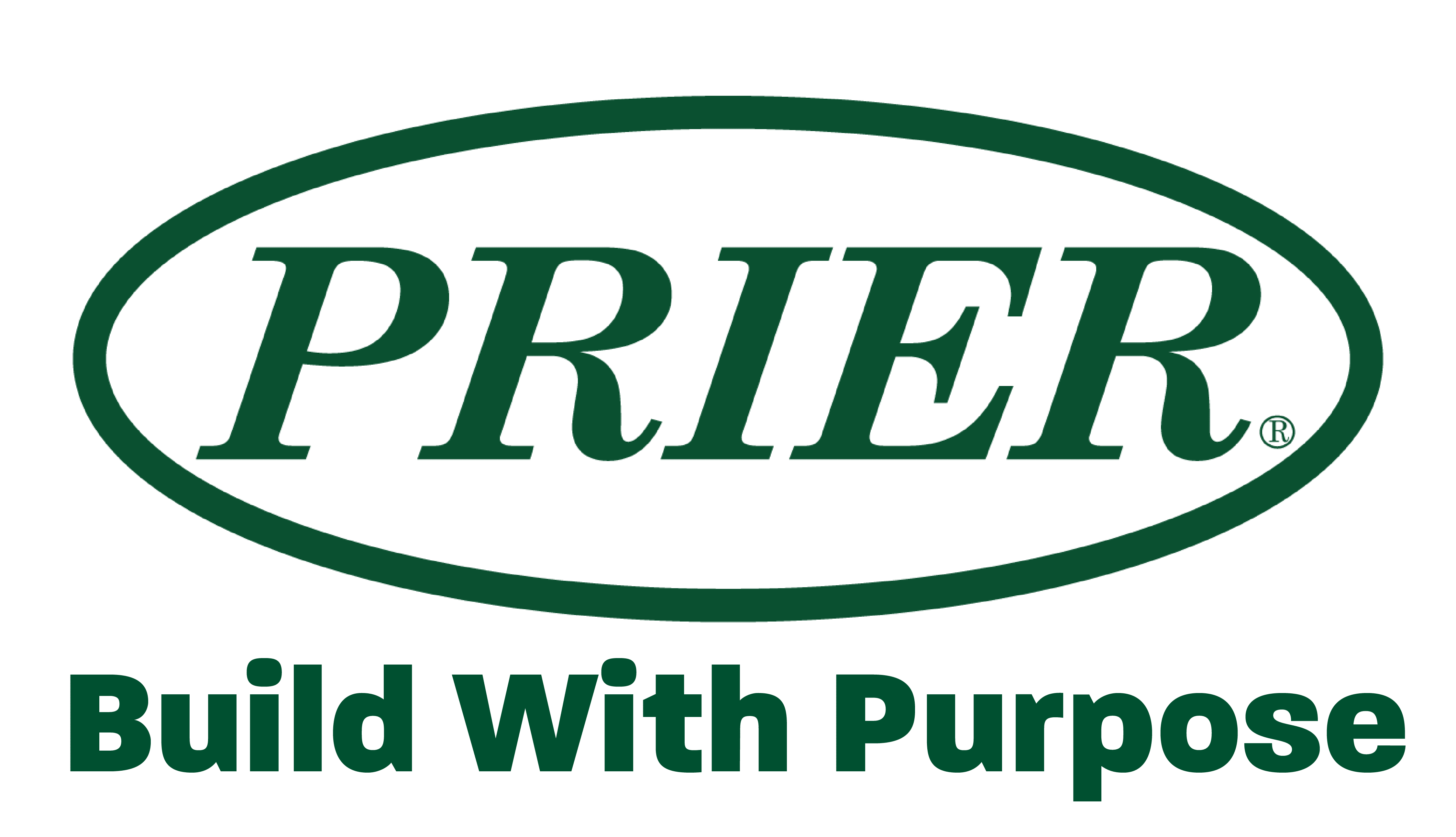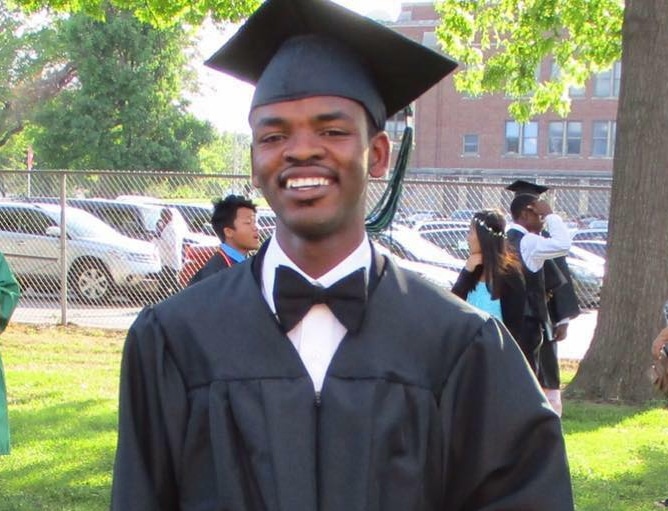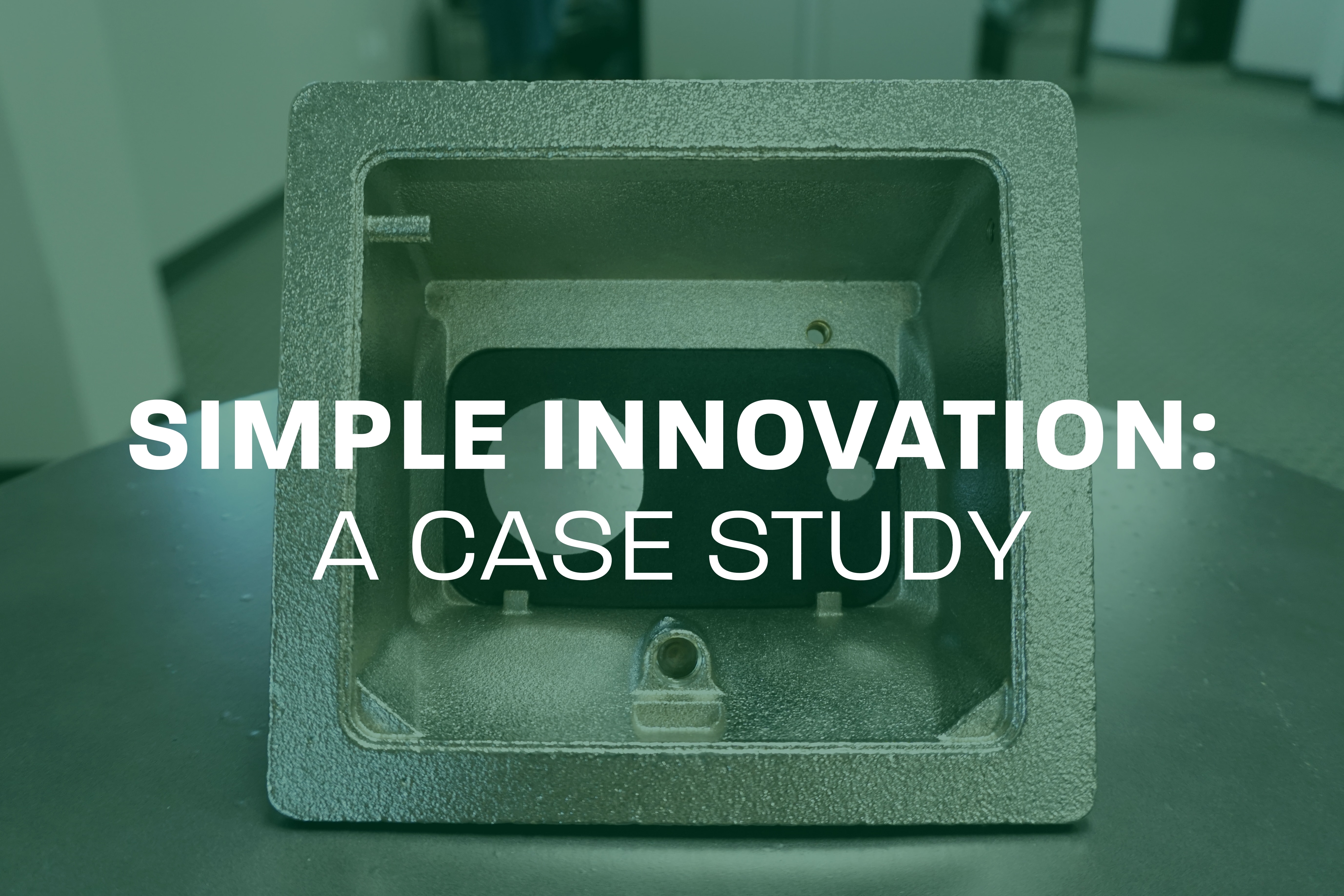Souleyman is the happiest he’s ever been when he is finally back with his family. They move to the Gaga refugee camp in Chad where they have food, water, healthcare and he can attend school, all at no cost. They have a real chance at a safe and productive life, but when the dust finally settles, Souleyman knows there is something overshadowing his happiness.
“I was sick since I was born,” he says, “but my parents could not take me to the hospital because it would cost way too much.”
Souleyman struggled with mysterious urology issues that caused him a great deal of shame and embarrassment. In a culture where children had no voice and there was essentially no access to modern medical information, he found himself alone again.
“I cannot explain to my family that I cannot help what is happening to me.”
Their violent attempts to discipline his ‘bad behavior’ only exacerbates the illness. His teachers do not spare him either.
“When I go to school, I try so hard to take care of myself, but I have to go home every day.”
He endures extreme discipline at school, and every day becomes harder. He has no friends and keeps to himself. Most nights, sleep only comes after he has exhausted himself from crying.
“Sometimes I hate life and wonder what happens if I kill myself…”
The pain of his past is pouring out through his words, his eyes well up and he pauses.
This is no doubt the hardest moment of our conversation. I struggled to relate to many of his experiences, and a part of me thought that yes, I knew what it felt like to be alone, but nothing in my life could compare to the events that lead to this very moment of his story.
In true Souleyman fashion, he snaps me right out of the sadness and reminds me why we are even having this conversation.
“It is my sickness that brought me here.”
My curiosity is piqued and I know that there is much more behind that simple statement.
The turning point for Souleyman was the realization that he may not be able to support his family if he doesn’t get well, and so the mission for his own cure began.
He visits the hospital at the refugee camp many times, only to be turned away because children unattended by an adult were not taken seriously. His parents worked in a café from sun up to sun down and his older sister worked all day in their home, unable escort him either. After pleading and begging, he convinces one teacher to accompany him to the doctor.
He tries out some medications, with no success, and is referred to a well-known specialist in a neighboring city who ultimately decides that surgery was the answer. The risk was high, but after so many failed attempts at fixing the problem, Souleyman saw no other option.
He stays at a shelter with a few other young men also awaiting surgeries. He watches each of them leave for their operations, however, none of them return. At age 13, Souleyman is a very wise young man and decides to take fate into his own hands and devises an escape back to the refugee camp.
He saves his own life but is now at the end of the road again. “I tried for so long, and now it’s all gone.” He returned home crying, disheartened by yet another disappointment and traumatized by what he had seen at the clinic.
His doctor at the refugee camp is furious when he finds out that Souleyman has returned without undergoing surgery. He was invested in this vibrant child, though, and had taken on the role of his personal health advocate. He sent him a note asking him to come see him one more time.
“He told me that he knows that I need to really improve my life and get well, so he was going to contact the UN and find a way to get treatment for me.”
Less than a month later, the UN responded favorably and his paperwork to seek treatment and a new life in the US began.
“I was really, really, really excited and didn’t know what to do… yeah, that was actually the happiest moment.”
He continues to describe this surreal feeling as, “being out of his skin,” and the excitement returns to his face, as if he had just heard the news all over again. All the work, the sacrifices, and his determination would be rewarded, and it was almost too much to believe.
Convincing his family that uprooting everyone once again to go to the United States — a place they had only heard about through rumors — was now the last challenge he would face as a refugee.
He waited until all of his paperwork was approved before approaching his parents about moving to America. At midnight he woke his mother to tell her what was happening. His anxiety was immediately relieved because she was surprisingly supportive. Together they woke his dad, knowing they would be met with resistance, but prepared to plead their case.
“My dad told me not even to try to convince him, and that we would have to accept this.”
He goes on to explain to Souleyman that he has heard from other people that in America they would lose their children, be jailed, and not be allowed to see their family. And besides, even if he was to agree to go, there was no way they would get the blessing from Souleyman’s uncle, who by their culture’s standards could block the decision.
If Souleyman could survive civil war, find his family, and avoid death several times, he could certainly find a way to convince his father that there was more waiting for them in the United States. And that is what he did.
Using the computer at the administrative office at the camp, he connected on Facebook with a former refugee friend who had moved to California. After some research and phone calls, his father’s fears were quickly squashed and now the determination for a better life became the family’s goal.
Just as expected, Souleyman’s uncle forbids his family from moving to the US, and so his father relents and tells him they will cancel the trip. His uncle is pleased that they heed his advice, and life seemingly returns to its normal pace.
Before sunrise one morning two weeks later, Souleyman, his parents, and siblings quietly exit their home at the refugee camp and begin their journey to America. Several flights, connections, and culture shock frustrations later, they arrive at the Kansas City airport, speaking no English, and together they walk into a completely new world.
Over the last few years of settling in to American life, Souleyman’s propensity for problem solving has not ceased, and his ambition grows by the day. After earning his high school diploma in one year, he became the first person in his family to graduate. He works two jobs, is a student and an athlete at Johnson County Community College, with aspirations of becoming an international attorney to help other refugees.
“The people from my country ask me what I will do with my life and I tell them I will be a lawyer, and they don’t believe me, but I know I can do it.”
Yes, Souleyman, we know you can do it, too. You are living proof that it does not matter where someone is born or what circumstances arise, there is always hope for happiness, and we cannot let failure define us.
He left me with one last lesson that underlines this blog series and explains so much about his attitude in general:
“The most important thing, is that the hardships in my life became my blessings.”
——————————————————-
Be sure to read Souleyman’s full story, as well as Zaki’s story here:
More Than A Refugee: An Introduction
More Than A Refugee: Zaki’s Story
More Than A Refugee: Souleyman’s Story Part I
More Than A Refugee: Souleyman’s Story Part II


